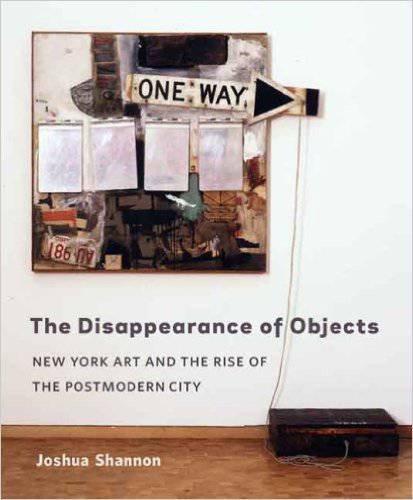In the years around 1960, a rapid process of deindustrialization profoundly changed New York City. At the same time, massive highway construction, urban housing renewal, and the growth of the financial sector altered the city’s landscape. As the new economy took shape, manufacturing lofts, piers, and small shops were replaced by sleek high-rise housing blocks and office towers. Focusing on works by Claes Oldenburg, Jasper Johns, Robert Rauschenberg, and Donald Judd, art historian Joshua Shannon shows how New York art engaged with this transformation of the city. Shannon convincingly argues that these four artists---all living amid the changes---filled their art with old street signs, outmoded flashlights, and other discarded objects in a richly revealing effort to understand the economic and architectural transformation of their city.
- / Author
- / Author
- / Author
- / Author
